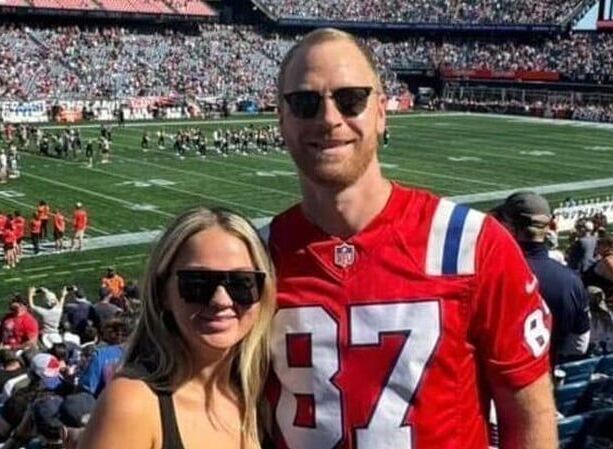I've always had a soft spot for nuns. I can still remember Sister Aloysius beaming when I read my first full sentence, and if Sister Anthony of the same Presentation community occasionally rapped my knuckles didn't my mother say, "ah sure you probably deserved it."
I taught Sister Angela of the Mercy Convent to play the guitar, though she hadn't a note in her head, God bless her; while who can forget the many righteous sisters over the years who have been to the forefront of humanitarian and social causes.
All have been marked by a can-do attitude, a steely optimism, and a quiet determination to get on with the job.
So why didn't I pick up on the fact that Maura Mulligan had been a Franciscan sister?
That's New York for you. We get caught up in our own private dramas and rarely see the forest before crashing into the trees.
And what a forest Maura guides us through in her autobiography, "Call of the Lark." Not only does she paint a joyous picture of what it's like to be part of a religious community, she also gives a sense of the costs of such a commitment.
This is a nun's story that we can all relate to for it springs from the bedrock of family and human experience; it is also richly colored by a rural Irish childhood.
Maura recalls a vanished world that you can now only catch echoes of when you stumble upon an abandoned farmhouse: weeds and nettles sprouting from the kitchen where once there was so much bustle and laughter.
"Call of the Lark" brings back to life all the warmth, love and innocence of an era before television coarsened and dulled the senses, when the kitchen was the center of the universe, and each person had their anointed place within it.
It was even then a very old way of life galloping to an end. Few of us fortunate enough to have experienced it had any idea of this at the time.
The other side of the coin, of course, is that this way of life provided little room for personal or economic growth; still, would we have left if we had known we would never quite fit back in again?
Maura takes us through that familiar but always gripping dilemma. In her case, it was the pain of leaving behind a mother and five younger siblings, her father literally unable to say goodbye from the crushing sorrow of losing the daughter he adores.
All that is balanced against the sheer excitement and seemingly unending possibilities of New York City. We follow Maura as she cuts a swathe through immigrant circles, displaying her dance skills, allowing her personality to blossom and living life to the fullest.
Still, though there was laughter, romance and much friendship it was never quite enough. Something was missing and she eventually found it in a Franciscan novitiate in Peekskill, Westchester County.
"You won't have a care in the world if you marry the Lord." Her mother's words rang through her head.
I won't spoil the story by listing the various ups and downs of her sixteen years of religious commitment, but it's a very relevant one, compounded by the current "rúile búile" going on between the Vatican and the vibrant women who many feel are holding the modern church together.
Maura takes us through the changes that follow Vatican II and her own personal doubts about the place of women in an authoritarian, male- dominated church, but the human element is never far from the surface, including the heartbreak that comes with the realization that she will never have children of her own.
Emigration is a central theme, as is the emigrant's perennial nagging thought: "would things have worked out better for other family members if I hadn't left?"
Parts of this memoir are searing, but in the end Maura's religious training and sparkling character stand to her and, in her practical dry-eyed manner, she gets on with life.
"Call of the Lark" is a treat. You'll laugh, shed the occasional tear, and understand a little more about life by the time you regretfully turn the last page.
The book is available from the publisher at www.greenpointpress.org or from amazon.com, and Barnes and Noble.com.








